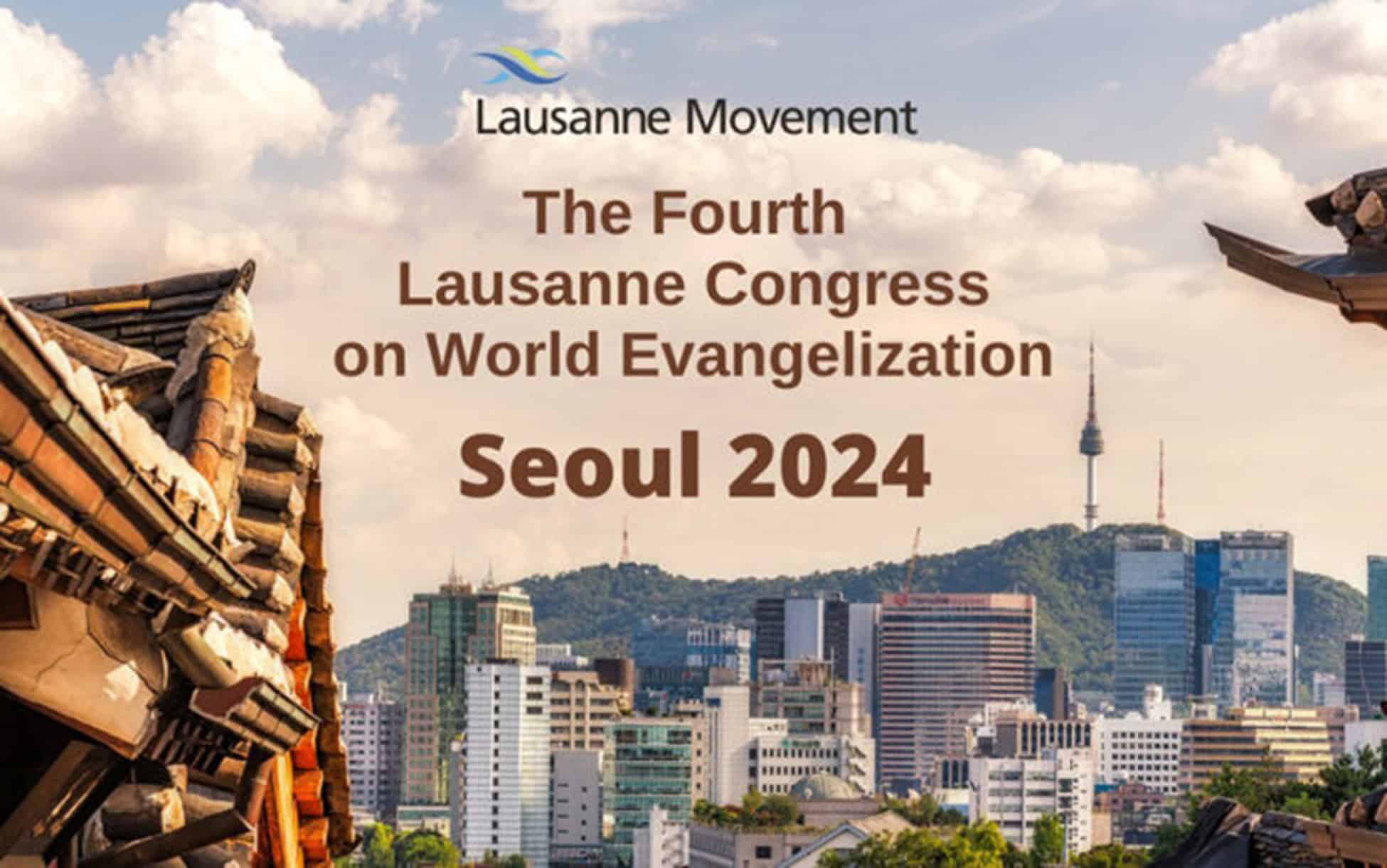
THE FOURTH LAUSANNE CONGRESS, SEPTEMBER 2024, MEMOS FROM INCHEON #1
“Make disciples of all nations.” This is Jesus’ main command in the Great Commission, and for the last 2000 years it has been the mission of the Church. As the world has become easier to traverse, the gospel has moved to the far corners of the world. It is for the cause of world evangelization and being faithful to the commandments of Jesus that the Lausanne Movement started in 1974. Its goal has been to bring evangelical leaders together from around the world to address the issues facing the church as we seek to be faithful to Jesus’ commission to the church.
The congress runs from September 22-28 in Incheon, South Korea. A select 5,000 delegates will attend on site, with the clear majority coming from the non-Western church. And at least another 5,000 will watch virtually.
The Lausanne Congresses are the closest thing evangelicals have to a church council. Roman Catholics have their Vatican Councils. The World Council of Churches holds its large assemblies. Evangelicals have Lausanne. This movement was started in the 1960s with a Berlin Congress. But it took formal shape in 1974 when the first Lausanne congress was convened by Billy Graham, John Stott and others in order to mobilize the global church for evangelism.
Its current leaders hope to see the gospel of Jesus Christ taught and applied more effectively in all contexts. Their passion has been to see a new and urgent commitment to world evangelization by “the whole church, to take the whole gospel into the whole world.” The hope is that the church will have new commitment, new courage, as well as new strategies and partnerships to fulfill the Great Commission. The Congress will also put out a special statement speaking to key isssues, called the Seoul Statement. It has also released a 521 page State of the Great Commission Report.
Why another large council? Councils arise out of new situations that the church finds itself in. It has always been that way. The early church councils arose because of some new challenge to the church—the rise of Arianism, or Pelagianism, or the Christianization of the Roman Empire.
Think of how the world has changed since the first Lausanne Congress in 1974. And think about how much it has changed since the last Lausanne Congress in 2010. We have seen the collapse of unipolar world, the continued growth of Islam, the digitization of everything, the advent of AI, the rise of a global middle class, the aging of populations, the outbreak of new wars, the continued urbanization with the growth of mega cities, new challenges of trans humanism, the proliferation of gender ideologies, an ascendent neo-Marxism in the US, the continued shifting of the center of Christianity from the West to the South and the East. Each of these changes has brings new challenges to the church.
A congress like this gives Christian leaders an opportunity to ask, how do we reach our world for Christ now, given these new realities. It gives us the opportunity to confess our faith (the uniqueness of Christ and the abiding importance of his cross and resurrection) in a new cultural situation—in a new age, what some are calling the information age, or the digital age, or the Fourth Industrial revolution. The Lausanne gathering also provides an opportunity for building relationships and partnerships among Christian leaders. Now more than ever, evangelicals must work together to proclaim Christ and fulfill the Great Commission.
Finally, a council like this highlights the shifting leadership in the church. Billy Graham and John Stott, the pioneers of the Lausanne movement, have passed from the scene having died between the 3rd and the 4th Lausanne Congresses.
The Congress highlights yet again the passing of the Christian torch to a new generation of leaders. As Charles Wesley once put it, “God buries his workmen but carries on his work.”
This council will highlight the importance of evangelism and strategies for reaching all kinds of people. It will focus on some of the things that need to be fixed in the church in order for our witness to be more credible. Its members will consider how to bridge the evangelistic gaps in our world, as well as challenge participants to a new courage in order to proclaim our faith in an increasingly hostile world.
To learn more about the congress virtual experience and participate online, go to
